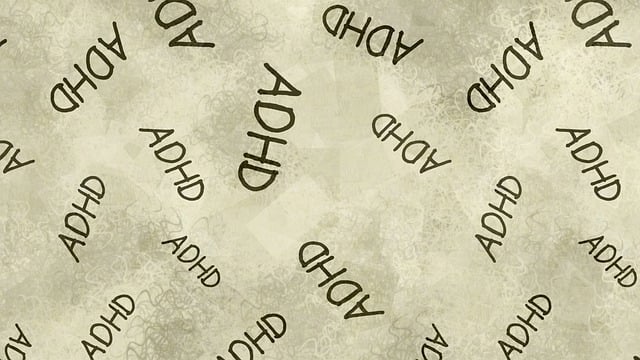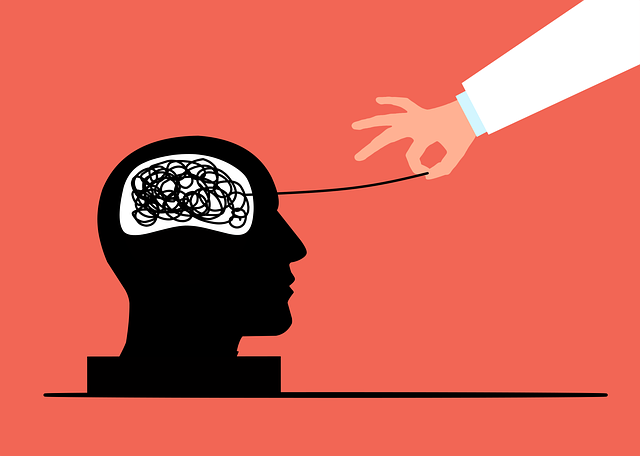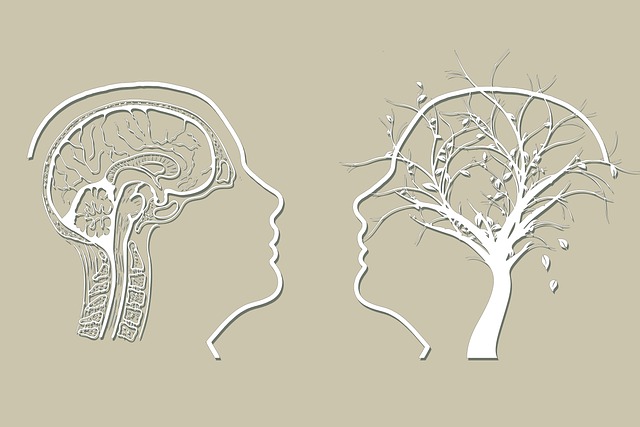Cultural competency is key in healthcare, especially for complex conditions like Lakewood Oppositional Defiance Disorder (LODD). Healthcare professionals must understand and respect diverse cultural beliefs to deliver effective LODD therapy. By incorporating culturally sensitive techniques, they build trust and improve patient engagement, enhancing treatment outcomes. Training should include a needs assessment, tailored coping skills, workshops, role-play, policy analysis, and emotional well-being promotion. Continuous evaluation and feedback are crucial to improving training effectiveness. The goal is to provide personalized care that successfully addresses LODD while promoting mental wellness in diverse patient populations through community outreach and resilience-building techniques.
In today’s diverse healthcare landscape, cultural competency training is no longer an option—it’s a necessity. Understanding and respecting patient backgrounds, beliefs, and behaviors are key to delivering quality care. This article explores these critical topics, delving into the impact of conditions like Lakewood Oppositional Defiance Disorder (LODD) on cultural sensitivity. We provide actionable insights for designing effective training programs, overcoming challenges, and measuring success in implementing cultural competency.
- Understanding Cultural Competency in Healthcare: A Necessity for Quality Care
- The Impact of Lakewood Oppositional Defiance Disorder (LODD) on Cultural Sensitivity
- Designing Effective Training Programs for Healthcare Providers
- Strategies to Overcome Challenges and Implement Change
- Measuring Success: Evaluating the Effectiveness of Cultural Competency Training
Understanding Cultural Competency in Healthcare: A Necessity for Quality Care

Cultural competency is an essential aspect of healthcare that involves understanding and respecting diverse cultural beliefs, values, and practices within a community. In today’s diverse society, healthcare providers need to be adept at navigating different cultures to deliver quality care. This is especially crucial when dealing with conditions like Oppositional Defiance Disorder (ODD) in Lakewood, where cultural sensitivity can significantly impact treatment outcomes. By embracing cultural competency, healthcare professionals can foster trust and build stronger relationships with patients from various ethnic, racial, and social backgrounds.
In the context of ODD therapy, for instance, understanding a patient’s cultural context is vital. The techniques used to promote emotional well-being and resolve conflicts might vary across cultures. For example, Mind Over Matter principles can be effectively applied to help individuals manage their emotions and behaviors but must be adapted to suit different cultural perspectives on mental health and healing. Incorporating Emotional Well-being Promotion Techniques that resonate with a patient’s cultural identity can lead to better engagement and adherence to treatment plans. This approach not only enhances the effectiveness of therapy but also ensures that patients feel heard, respected, and understood throughout their journey towards recovery.
The Impact of Lakewood Oppositional Defiance Disorder (LODD) on Cultural Sensitivity

Lakewood Oppositional Defiance Disorder (LODD) significantly impacts healthcare provider cultural sensitivity. Individuals with LODD often present with defiant behaviors, which can stem from underlying emotional and psychological struggles. These challenges may be compounded by cultural factors, requiring providers to approach each patient with heightened awareness and adaptability. Understanding the complexities of LODD involves recognizing its connection to mental wellness and emotional well-being promotion techniques. By integrating self-awareness exercises into their practices, healthcare professionals can better navigate the nuances of interacting with patients from diverse backgrounds.
Through effective Lakewood Oppositional Defiance Disorder therapy, providers gain insights into the patient’s experience, enabling them to offer more personalized care. This involves adapting communication styles, respecting cultural boundaries, and incorporating culturally sensitive interventions. Such approaches not only improve clinical outcomes but also foster a supportive environment that encourages open dialogue about mental health concerns, enhancing overall emotional well-being.
Designing Effective Training Programs for Healthcare Providers

Effective healthcare provider training programs are designed to address a wide range of cultural competencies, ensuring that medical professionals can offer quality care to diverse patient populations. These programs should start with a comprehensive needs assessment to identify specific gaps in knowledge and skills related to various cultural contexts. For instance, when focusing on Lakewood Oppositional Defiance Disorder (ODD) Therapy, understanding the unique cultural backgrounds of patients and their families is crucial. Training should cover topics like coping skills development, as these strategies often need to be tailored to individual cultural beliefs and practices.
The curriculum should also incorporate interactive workshops and role-play scenarios to foster practical application of learned concepts. Mental Health Policy Analysis and Advocacy can be integrated into these sessions, encouraging providers to consider systemic barriers that impact patient outcomes. Additionally, emotional well-being promotion techniques should be taught, as they contribute to building strong therapeutic alliances, especially when dealing with challenging cases like ODD.
Strategies to Overcome Challenges and Implement Change

Overcoming challenges in healthcare provider cultural competency training requires a multi-faceted approach. One effective strategy is to incorporate diverse perspectives within training programs, ensuring curricula reflect the varied backgrounds and experiences of patients. This can involve case studies, role-playing scenarios, and discussions led by community members representing different ethnicities, cultures, and socioeconomic groups. Such inclusive practices foster empathy and understanding, enabling healthcare providers to offer more personalized care.
Implementing change also necessitates continuous evaluation and adaptation. Regular assessments, feedback sessions with practitioners, and ongoing research into best practices can help identify gaps in training. For instance, focusing on specific issues like Lakewood Oppositional Defiance Disorder (LODD) therapy within the context of cultural competency ensures that providers are equipped to handle diverse mental health challenges. Additionally, promoting self-care practices among healthcare workers is vital to sustain their ability to serve others effectively, and successful community outreach program implementation can further enhance cultural understanding, extending benefits to both practitioners and patients.
Measuring Success: Evaluating the Effectiveness of Cultural Competency Training

Evaluating the success of cultural competency training is essential to ensure its effectiveness and positive impact on healthcare delivery. This process involves systematic measurement and assessment to understand if the training has led to meaningful changes in provider attitudes, knowledge, and behaviors related to diverse cultural backgrounds. One way to gauge success is through pre- and post-training surveys, which can reveal improvements in providers’ self-reported cultural competency skills. These surveys often cover topics like communication strategies, bias recognition, and cultural awareness, allowing for a comprehensive analysis of training outcomes.
Additionally, measuring success can include long-term observational studies to assess whether improved cultural competency translates into better patient outcomes. For instance, tracking the diagnostic accuracy and treatment plans of trained healthcare providers, especially those specializing in conditions like Oppositional Defiance Disorder (ODD) in Lakewood, could demonstrate enhanced cultural sensitivity. By linking training effectiveness with real-world patient interactions, we can ensure that resilience-building and anxiety-relief strategies, often discussed in mental wellness podcast series production, are indeed being implemented and benefiting diverse patient populations, ultimately contributing to overall community mental health.
Cultural competency training is a pivotal tool in enhancing healthcare quality, as it equips providers to deliver personalized care that respects diverse cultural backgrounds. By addressing issues like Lakewood Oppositional Defiance Disorder (LODD), these programs foster more sensitive and inclusive environments. Effective training involves interactive workshops, real-world scenario practice, and ongoing evaluation, as outlined in this article. Overcoming challenges through collaborative efforts and implementing evidence-based strategies can significantly improve healthcare outcomes for all patients. Regularly assessing the success of such initiatives ensures continuous improvement and promotes a culture of sensitivity, making it a crucial step towards equitable healthcare.














